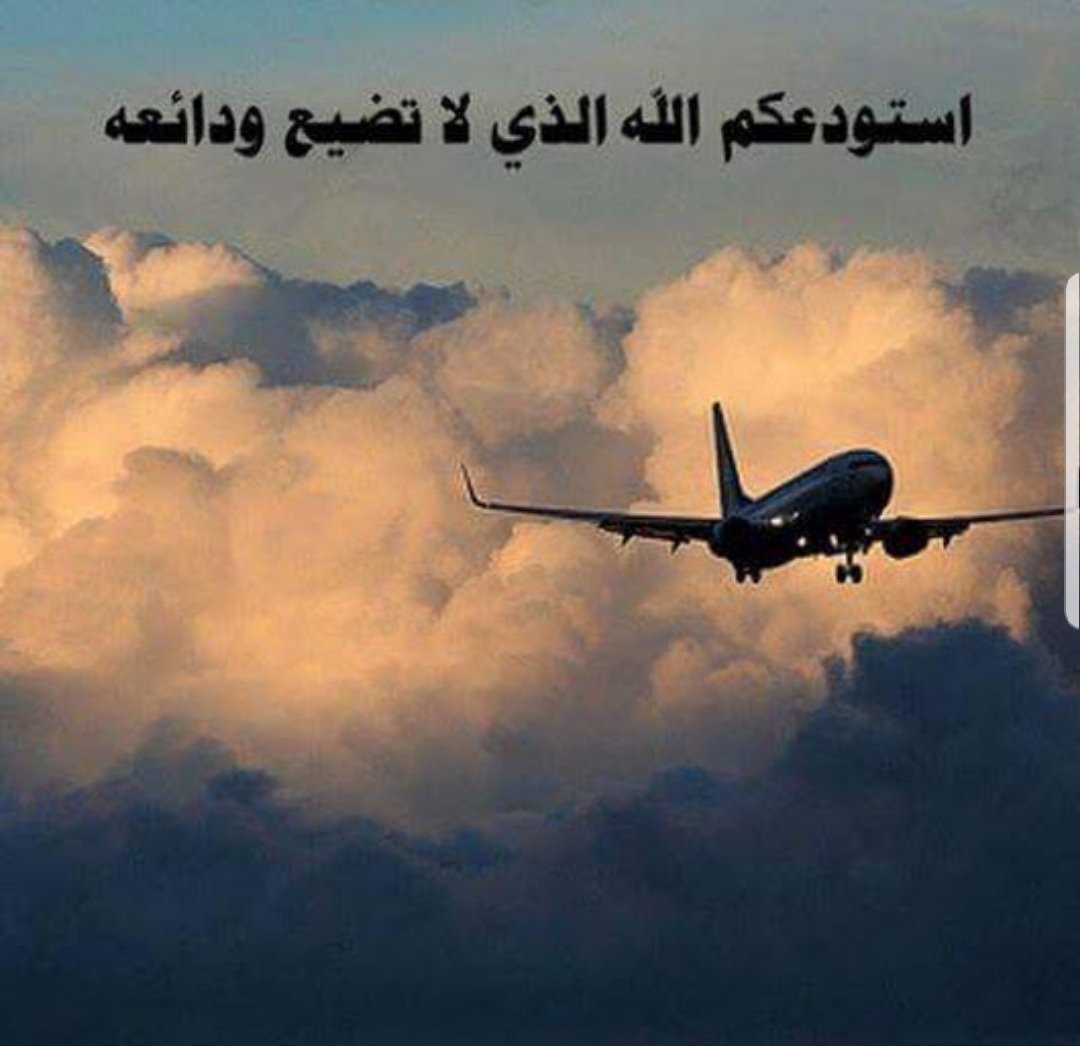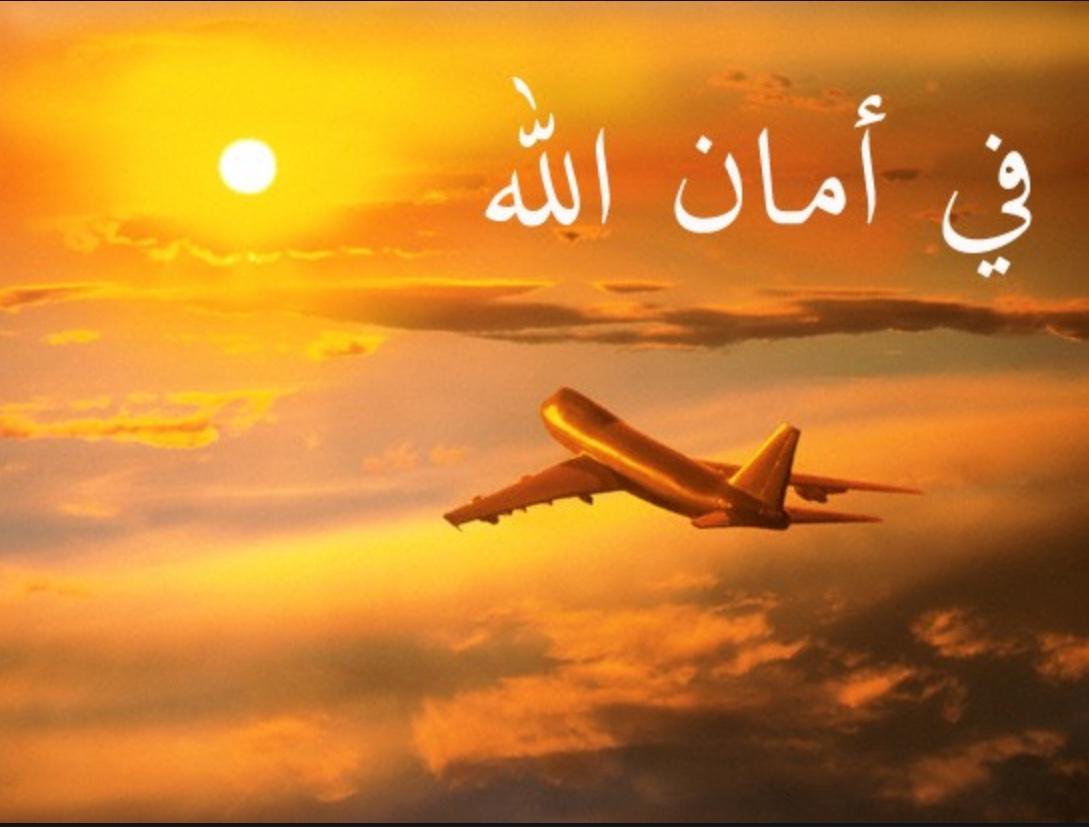Journey With Purpose: Unveiling The Power Of Dua Al-Safar
Embarking on a journey, whether for leisure, work, or pilgrimage, is often filled with anticipation and excitement. Yet, alongside the thrill of new horizons, there's an inherent uncertainty that comes with leaving the familiar. It is in these moments of transition that the spiritual compass of Islam offers profound guidance, particularly through the beautiful and protective supplication known as Dua Al-Safar. This isn't merely a set of words; it's a profound invocation, a shield of spiritual protection, and a means of connecting with the Divine before setting foot on any path.
In a world where travel has become an integral part of our lives, understanding and embracing such timeless practices becomes even more relevant. From ancient caravans traversing vast deserts to modern aircraft soaring through the skies, the essence of travel remains the same: a movement from one point to another, often fraught with unforeseen challenges. Islam, a comprehensive way of life, has meticulously taught its followers how to navigate these transitions with peace of mind and divine assistance, making the recitation of Dua Al-Safar an essential practice for every Muslim traveler.
Table of Contents
- Understanding Dua Al-Safar: A Spiritual Compass for Travelers
- The Profound Significance of Dua Al-Safar in Islam
- The Authentic Wording of Dua Al-Safar (from Sunnah)
- Why Recite Dua Al-Safar? Its Merits and Benefits
- When and How to Recite Dua Al-Safar
- Beyond the Dua: Other Recommended Practices for Travelers
- Embracing the Sunnah: Dua Al-Safar in Daily Life
- A Journey of Faith and Tranquility: The Enduring Legacy of Dua Al-Safar
Understanding Dua Al-Safar: A Spiritual Compass for Travelers
Travel, in its essence, is a disruption of routine, a venture into the unknown. Throughout history, people have sought ways to mitigate the risks associated with journeys, from carrying talismans to performing rituals. Islam, however, provides a far more profound and effective means of protection: sincere supplication to Allah (SWT). Among these, Dua Al-Safar stands out as a cornerstone for every Muslim setting out on a trip. It's not just a tradition; it's a divinely guided practice rooted deeply in the Sunnah (traditions and practices) of Prophet Muhammad (peace be upon him).
- What Does Gooner Mean
- Nautica Malone
- Leonarda Jonie Wikipedia The Ultimate Guide To Her Life Career And Achievements
- Sydney Sweeney Nudes
- Kaitlan Collins Husband
The importance of this particular supplication is highlighted by the emphasis placed on it within Islamic teachings. It serves as a reminder that every aspect of a Muslim's life, including travel, should be undertaken with remembrance of Allah and reliance upon His infinite power and mercy. The very act of reciting this dua before a journey transforms a mundane activity into an act of worship, imbued with spiritual significance and potential blessings.
What is Dua Al-Safar?
At its core, Dua Al-Safar is a comprehensive prayer for safe and blessed travel. It encompasses seeking Allah's protection from dangers, asking for ease in the journey, and requesting His acceptance of our deeds. The "Data Kalimat" explicitly states that it is "one of the most important supplications a traveling Muslim needs to recite before every journey." This underscores its critical role in the spiritual preparation for travel.
It is a practice that has been taught to us by our righteous Islamic faith, emphasizing that we should recite the travel supplication every time we travel, regardless of the destination or mode of transport. Whether it's a short drive to a neighboring city or an international flight across continents, the spiritual principle remains consistent: entrust your journey to the Creator of the heavens and the earth.
The Profound Significance of Dua Al-Safar in Islam
The Islamic faith is replete with guidance for every aspect of life, and travel is no exception. The emphasis on Dua Al-Safar is a testament to the holistic nature of Islam, which seeks to imbue every action with consciousness of Allah. Reciting this dua is not merely a ritualistic utterance; it's an acknowledgment of our dependence on Allah, a humble plea for His grace, and a recognition that true safety and success come only from Him.
The "Data Kalimat" highlights that "reciting the complete written Dua Al-Safar is considered among the recommended supplications and remembrances of travel and Islamic supplications, and among the established virtuous acts from the Prophet (peace be upon him)." This establishes its authenticity and its status as a highly encouraged practice, ensuring that believers are never without a spiritual safeguard when embarking on a journey.
Protection and Peace of Mind
One of the most compelling reasons to recite Dua Al-Safar is the tangible benefit of protection. The source text explicitly states, "Supplications protect from dangers, and Dua Al-Safar forgives sins and keeps a person under Allah's protection." This dual benefit of warding off harm and seeking spiritual purification makes the dua incredibly powerful. In an unpredictable world, having such a spiritual shield offers immense peace of mind, allowing the traveler to focus on their journey with a sense of tranquility and reliance on a higher power.
This protection extends beyond physical safety to encompass spiritual well-being. By invoking Allah's name and seeking His aid, a Muslim fortifies their faith and reinforces their connection with the Divine, making them less susceptible to negative influences or anxieties that often accompany travel. It's an affirmation of tawakkul (reliance on Allah), a core tenet of Islamic faith.
The Authentic Wording of Dua Al-Safar (from Sunnah)
The authenticity of Dua Al-Safar is firmly established in the Sunnah of Prophet Muhammad (peace be upon him). The "Data Kalimat" refers to a Hadith from Ibn Umar (may Allah be pleased with them both), who narrated that "when the Messenger of Allah (peace be upon him) would settle on his camel, preparing to depart for a journey, he would recite..." This historical context lends immense weight to the supplication, making it a direct emulation of the Prophet's practice.
The specific wording of the dua, as provided in the source text, is:
"سُبْحَانَ الَّذِي سَخَّرَ لَنَا هَذَا وَمَا كُنَّا لَهُ مُقْرِنِينَ، وَإِنَّا إِلَى رَبِّنَا لَمُنْقَلِبُونَ. اللَّهُمَّ إِنَّا نَسْأَلُكَ فِي سَفَرِنَا هَذَا الْبِرَّ وَالتَّقْوَى، وَمِنَ الْعَمَلِ مَا تَرْضَى، اللَّهُمَّ هَوِّنْ عَلَيْنَا سَفَرَنَا هَذَا، وَاطْوِ عَنَّا بُعْدَهُ."
Transliteration: Subhanal-ladhi sakhkhara lana hadha wa ma kunna lahu muqrinin, wa inna ila Rabbina lamunqalibun. Allahumma inna nas'aluka fi safarina hadhal-birra wat-taqwa, wa minal-'amali ma tarda, Allahumma hawwin 'alaina safarana hadha, watwi 'anna bu'dah.
Meaning: "Glory be to Him Who has subjected this (transport) to us, for we could not have mastered it ourselves. And indeed, to Our Lord we will surely return. O Allah, we ask You in this journey of ours for righteousness and piety, and for deeds that please You. O Allah, make this journey easy for us and shorten its distance for us."
This beautiful prayer encapsulates a traveler's complete reliance on Allah, acknowledging His power over all creation and seeking His assistance in every aspect of the journey. It's a profound declaration of faith and submission, asking for not just physical safety but also spiritual well-being throughout the trip.
Why Recite Dua Al-Safar? Its Merits and Benefits
The merits of reciting Dua Al-Safar, and indeed other supplications and remembrances, are immense for every Muslim. Our righteous Islamic faith provides everything that protects us from all evil and supports us in our worldly life to increase our good deeds and atone for our sins. This specific dua is a powerful tool in achieving these spiritual objectives.
The benefits of this travel supplication are multi-faceted, addressing both the temporal and spiritual needs of the traveler. They include:
- Divine Protection: As mentioned, the dua acts as a shield, protecting the traveler from unforeseen dangers and adversities that may arise during the journey. This includes accidents, unforeseen delays, or any form of harm.
- Ease and Facilitation: The supplication specifically asks Allah to "make this journey easy for us and shorten its distance." This implies that the journey will be smooth, free from undue hardship, and will feel less arduous, even if the physical distance is great.
- Spiritual Growth: By acknowledging Allah's power and seeking His help, the traveler strengthens their faith and dependence on Him, fostering a deeper spiritual connection.
- Fulfillment of Sunnah: Reciting the dua is an act of following the blessed practice of Prophet Muhammad (peace be upon him), earning immense rewards and blessings.
- Peace of Mind: Knowing that one has sought Allah's protection brings a profound sense of tranquility and reduces anxiety about the uncertainties of travel.
Seeking Forgiveness and Divine Pleasure
Perhaps one of the most remarkable benefits of Dua Al-Safar is its capacity for forgiveness. The "Data Kalimat" explicitly states that it "forgives sins." This is a tremendous mercy from Allah, where a simple act of remembrance and supplication can lead to the expiation of minor sins, further purifying the believer. This highlights the comprehensive nature of Islamic practices, where even seemingly small acts can carry immense spiritual weight.
Furthermore, the dua asks for "righteousness and piety, and for deeds that please You." This shows that the prayer is not just about personal safety but also about maintaining one's moral and ethical conduct during travel. It's a plea to remain steadfast on the path of good, even when away from familiar environments, and to ensure that one's actions during the journey are pleasing to Allah. This elevates the act of travel from a mere physical movement to a spiritual journey, where every step can be a means of earning divine pleasure and reward.
When and How to Recite Dua Al-Safar
The "Data Kalimat" specifies that the Prophet (peace be upon him) would recite this dua "when he would settle on his camel, preparing to depart for a journey." This indicates that the ideal time to recite Dua Al-Safar is at the very beginning of the journey, just as one is about to set off. This could mean:
- Before entering your car or boarding a bus/train.
- Just before take-off on an airplane.
- As you leave your home for a journey.
The key is to recite it with sincerity and full presence of mind, understanding the meaning of the words and truly entrusting your journey to Allah. While the specific time is at the outset, maintaining remembrance of Allah throughout the journey is also highly encouraged.
Beyond the Dua: Other Recommended Practices for Travelers
While Dua Al-Safar is a central practice, Islam encourages a broader approach to travel, incorporating various acts of worship and mindfulness. The "Data Kalimat" advises that "a Muslim should be diligent in supplicating when traveling, and increase the remembrance of Allah Almighty, seeking forgiveness, glorifying Him, declaring His oneness, and proclaiming His greatness." This comprehensive guidance ensures that the traveler remains connected to Allah throughout their journey, not just at the beginning.
These additional practices serve to further fortify the spiritual protection and blessings received during travel. They also help to maintain a state of consciousness and gratitude, transforming the entire journey into an act of devotion.
Remembering Allah and Seeking Forgiveness
Constant remembrance of Allah (Dhikr) is a powerful act that brings peace and blessings. During travel, when one might feel vulnerable or anxious, Dhikr can be a source of immense comfort. This includes:
- Tasbeeh (SubhanAllah): Glorifying Allah.
- Tahleel (La ilaha illallah): Declaring His oneness.
- Takbeer (Allahu Akbar): Proclaiming His greatness.
- Istighfar (Astaghfirullah): Seeking forgiveness.
Engaging in these forms of remembrance not only earns rewards but also keeps the heart attached to Allah, making the journey a continuous act of worship. It's a holistic approach to travel, ensuring that the physical movement is accompanied by spiritual elevation.
Embracing the Sunnah: Dua Al-Safar in Daily Life
The practice of reciting Dua Al-Safar is not confined to grand international voyages. It applies to any journey, big or small. A daily commute to work, a visit
- Aditi Mistry Nip Slip The Full Story Behind The Viral Moment
- Jessica Springsteen Married
- Bradley Cadenhead Texas The Untold Story Of A Rising Star
- Emily Compagno Husband
- Sasha Prasad

301 Moved Permanently

301 Moved Permanently

301 Moved Permanently